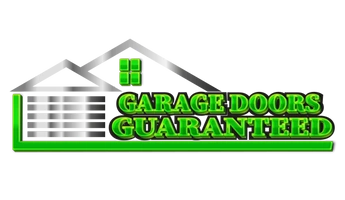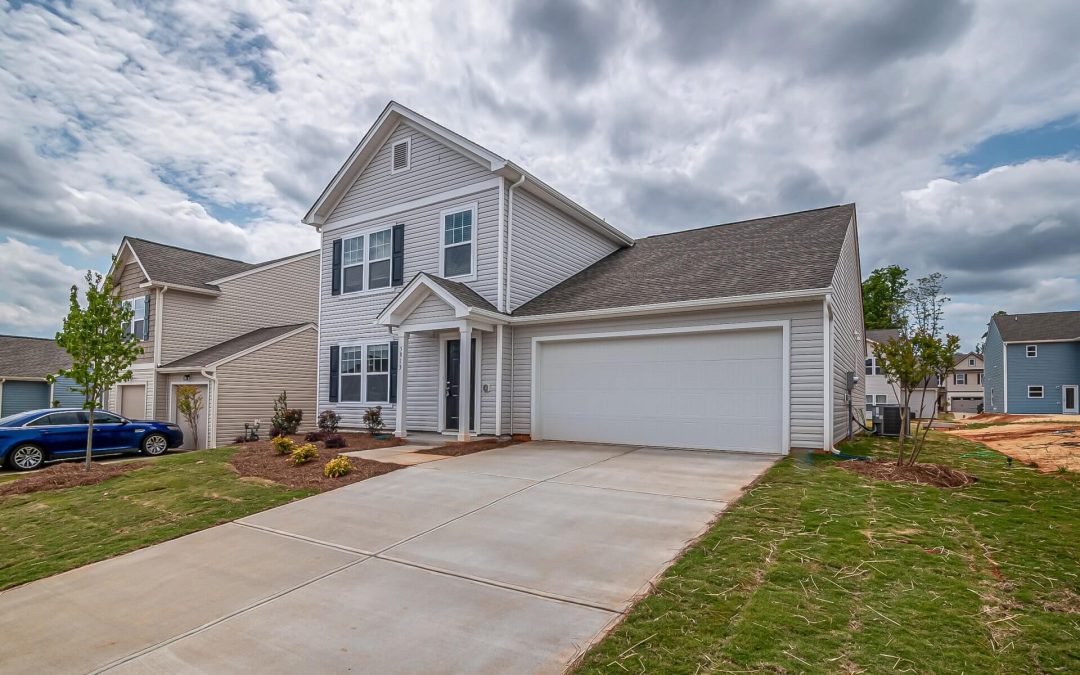Factors That Affect the Lifespan of Your Garage Door
Whether you’re installing a garage door for the first time or replacing an old one, it’s important to know how long a typical garage door lasts. With proper maintenance and care, most garage doors can last up to 10-15 years, depending on the materials and design used.
Quality of the Materials Used
The materials used in your garage door can also affect how long it will last. Garage doors made of high-quality materials are generally built to last longer as they are more durable and weather resistant. Generally, higher quality materials like steel or industrial-grade aluminum are used to create garage doors that can withstand the wear and tear of everyday use better than other materials like wood or plastic.
The type of insulation also plays a major role in determining the lifespan of your garage door. Opting for a high-density insulation material like foam can extend the life of your garage door by providing better protection against the elements. Insulated doors are built to last longer than their non-insulated counterparts as they are more resistant to weather and temperature changes, making them durable enough to withstand even the harshest winter conditions.
The Frequency of Use
How often you use your garage door is another factor that affects the lifespan. Frequent use of your garage door could lead to more frequent maintenance and repair, resulting in a shorter lifespan. To help ensure your garage doors work reliably for longer, make sure you keep up with regular inspections, such as lubricating the moving parts and checking the balance. Additionally, consider installing an automatic opener to reduce the amount of wear on your garage door.
A garage door that has been maintained and inspected regularly can last for up to 20 years, whereas a neglected one may only last for five to 10 years. Hiring an experienced technician to service your garage door annually can help to prolong the life of your door and its components. Additionally, replacing worn-out parts such as seals, rollers, and connectors with quality products helps ensure the longevity of your garage door.
Type of Motor and System Used to Open/Close the Garage Door.
Another factor to consider when it comes to determining the lifespan of your garage door is the type of motor and system used to open and close it. Some motors and systems are more powerful, allowing them to easily lift heavier doors and put less strain on the hardware than lower-end models. This can lead to improved reliability and a longer life span for your garage door. Furthermore, some motors have features that detect obstructions while closing or opening; this helps prevent damage from overhead hitches or other objects in the path of the door.
Additionally, higher-end systems are more reliable in extreme weather conditions and usually require less upkeep and maintenance over time. For these reasons, it is well worth investing in a quality motor and system when putting in a new garage door or upgrading the existing one. When properly maintained, these motors can keep your garage door smoothly opening and closing for many years to come.
Prevention of Insulation Problems in the Attic Above Your Garage Space.
A major factor that can affect how long your garage door will last is insulation. If you don’t provide adequate insulation in the attic above your garage space, it can cause excessive heat to arise and thereby degrade the performance of your garage door. To prevent this kind of wear-and-tear, make sure you have the proper insulation in the attic and other areas adjacent to your garage. This will help maintain a consistent temperature both inside and outside the garage, helping your garage door stay durable for years to come.
There are a few things to consider when it comes to garage door insulation. It’s essential that the attic has at least an R-13 rating, which is the minimum recommended by most experts. You might also want to consider installing batting insulation in your walls if you can find a space around your garage door opener system. If installed properly and securely, this form of insulation will help keep your garage insulated from outside temperatures. Lastly, make sure there are no air leaks around windows or vents in the attic above your garage; these can all contribute to accelerated wear on your garage door if left unchecked.
What is the Average Garage Door Lifespan?
The average garage door lifespan can vary on multiple different factors, but a properly built and maintained garage door can last anywhere between fifteen to thirty years. Another big factor that will affect your garage door’s lifespan is the location of your home. Here in Florida, due to the heat and humidity the average garage door lifespan is about ten to fifteen years. If you think your garage door is nearing the end of it’s lifespan, contact Garage Doors Guaranteed to learn more about our garage door replacement services!

